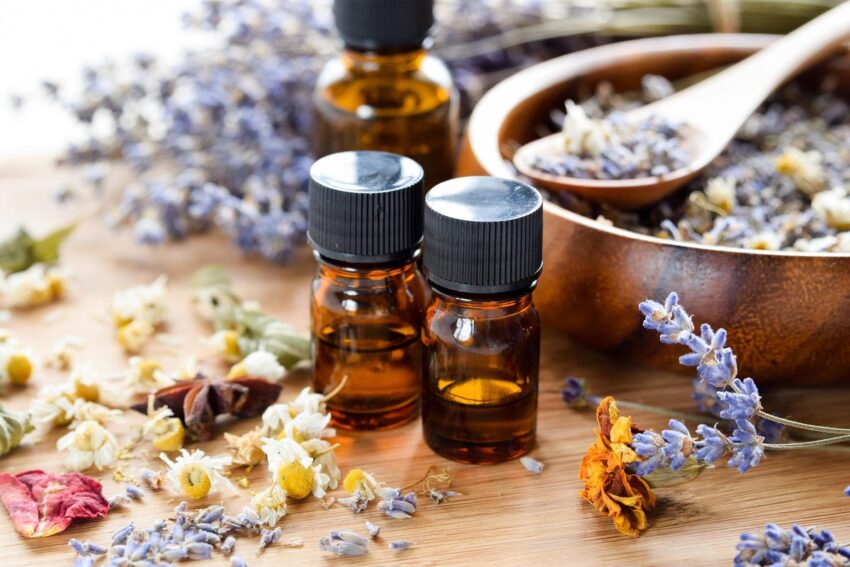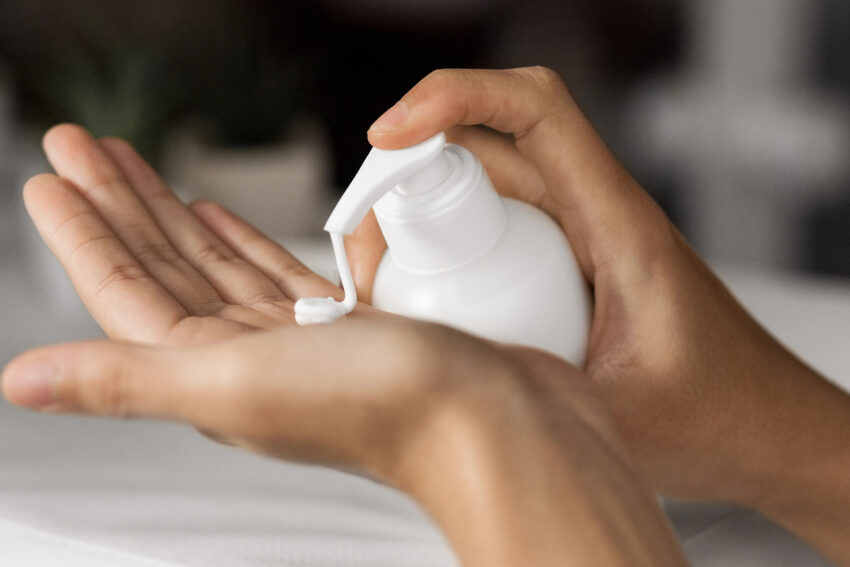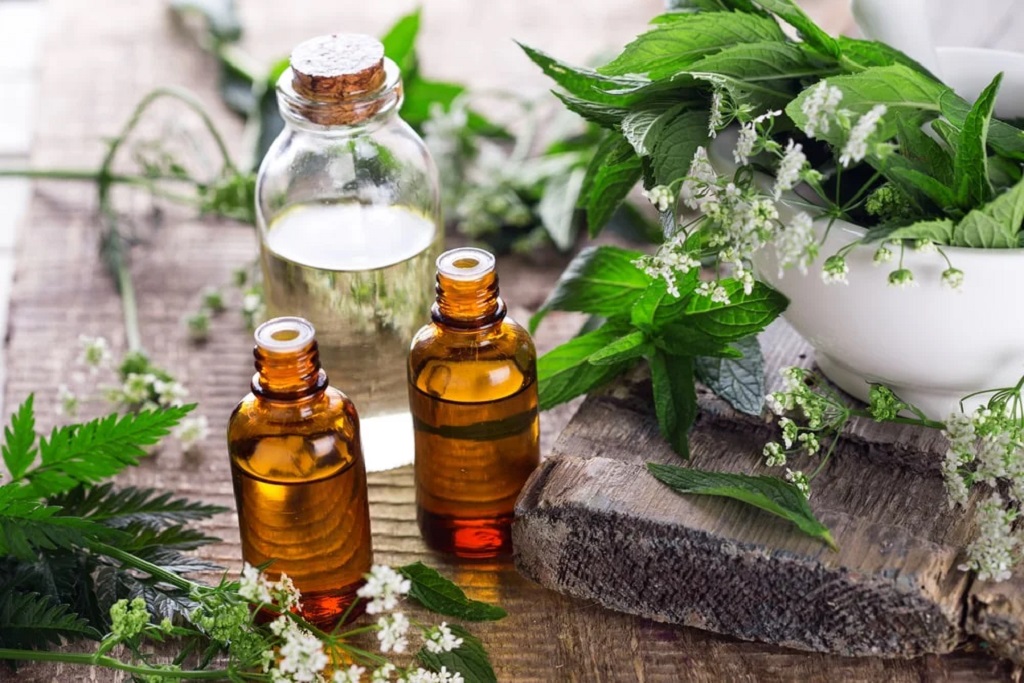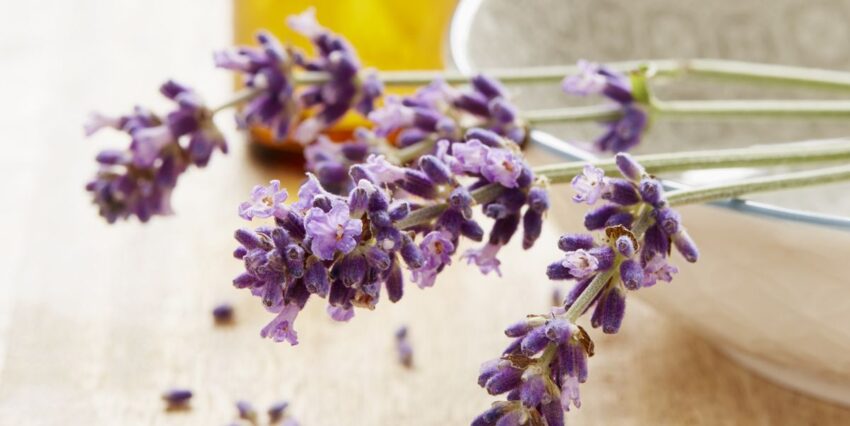Have you ever been to a spa and enjoyed the aroma of lavender or peppermint essential oil? Have you ever wondered how these fragrances can affect your mood and emotions? Aromatherapy is the practice of using essential oils to enhance physical and emotional well-being. In this article, we will explore how aromatherapy works and its benefits.
What is Aromatherapy?
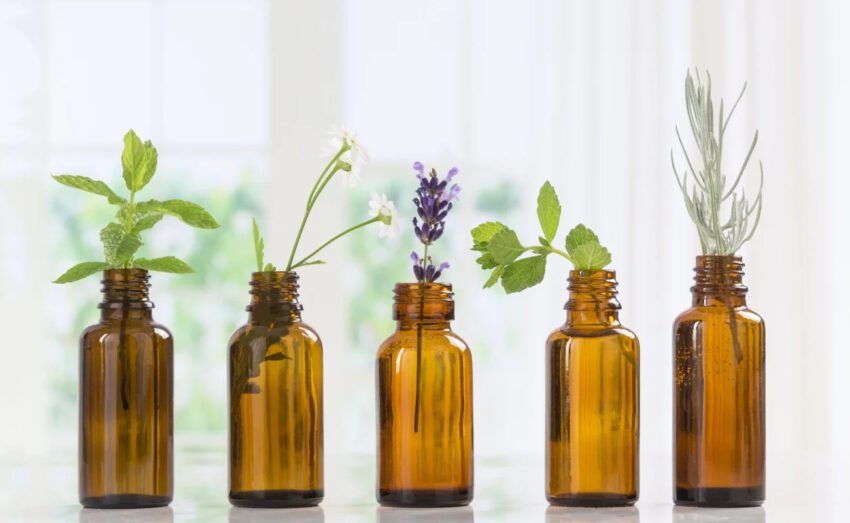
Aromatherapy is a holistic healing treatment that uses natural plant extracts, known as essential oils, to promote physical and emotional health. Essential oils are extracted from various parts of plants such as flowers, leaves, bark, and roots. They are highly concentrated and potent, containing the natural fragrance and chemical compounds of the plant. Aromatherapy can be administered through inhalation, massage, or topical application.
How Does Aromatherapy Work?
Aromatherapy works by stimulating the olfactory system, which is responsible for our sense of smell. The olfactory system is connected to the limbic system, which is the part of the brain responsible for emotions, memories, and behavior. When we inhale the fragrance of essential oils, the odor molecules travel to the olfactory receptors in our nose and send signals to the limbic system. This triggers the release of neurotransmitters such as serotonin and dopamine, which are responsible for regulating our mood, appetite, and sleep.
In addition, essential oils contain chemical compounds that can affect our physical well-being. For example, tea tree oil has antiseptic and antibacterial properties, making it effective in treating skin infections. Peppermint oil can alleviate headaches and digestive problems by relaxing the muscles in the body. Lavender oil can induce relaxation and promote restful sleep.
Benefits of Aromatherapy
Aromatherapy has many benefits for physical and emotional health. Here are some of the benefits of aromatherapy:
1. Reduces Stress and Anxiety
Aromatherapy can reduce stress and anxiety by promoting relaxation and calmness. Essential oils such as lavender, bergamot, and chamomile have been shown to have calming effects on the mind and body.
2. Improves Sleep Quality
Aromatherapy can improve sleep quality by promoting relaxation and reducing stress. Essential oils such as lavender, chamomile, and ylang-ylang can induce relaxation and promote restful sleep.
3. Boosts Immune System
Aromatherapy can boost the immune system by strengthening the body’s natural defense mechanisms. Essential oils such as tea tree, eucalyptus, and lemon have antimicrobial properties that can help fight off infections.
4. Relieves Pain and Inflammation
Aromatherapy can relieve pain and inflammation by reducing muscle tension and promoting blood flow. Essential oils such as peppermint, ginger, and frankincense can alleviate headaches, muscle aches, and joint pain.
5. Enhances Mood and Energy
Aromatherapy can enhance mood and energy by stimulating the production of neurotransmitters such as serotonin and dopamine. Essential oils such as citrus, peppermint, and rosemary can improve concentration and mental clarity.
Precautions and Safety Measures
Although aromatherapy is generally safe and has few side effects, there are some precautions and safety measures to consider:
- Essential oils should always be diluted with a carrier oil before topical application to avoid skin irritation and sensitization.
- Essential oils should not be ingested unless under the supervision of a qualified aromatherapist or healthcare provider.
- Some essential oils may cause allergic reactions in some individuals. It is important to do a patch test before using any essential oil.
- Pregnant women, nursing mothers, and children should consult a qualified aromatherapist or healthcare provider.
How to Use Aromatherapy
There are several ways to use aromatherapy:
1. Inhalation
Inhalation is the most common method of using essential oils. You can inhale the fragrance directly from the bottle or use a diffuser to disperse the scent in the air. You can also add a few drops of essential oil to a bowl of hot water and inhale the steam.
2. Massage
Massage is another popular method of using essential oils. You can add a few drops of essential oil to a carrier oil such as coconut or jojoba oil and massage it onto the skin. This method not only helps to deliver the essential oils into the body, but also provides the therapeutic benefits of massage.
3. Topical Application
Some essential oils can be applied directly to the skin for localized pain relief or skin care. However, it is important to dilute the essential oils with a carrier oil before topical application to avoid skin irritation and sensitization.
4. Bath
You can add a few drops of essential oil to a warm bath for a relaxing and therapeutic experience. This method not only helps to promote relaxation and stress relief but also provides skincare benefits.
Conclusion
Aromatherapy is a natural and holistic approach to enhancing physical and emotional well-being. By stimulating the olfactory system and the limbic system, essential oils can promote relaxation, reduce stress and anxiety, improve sleep quality, boost the immune system, relieve pain and inflammation, and enhance mood and energy. When used safely and appropriately, aromatherapy can be a valuable tool for maintaining a healthy and balanced lifestyle.

